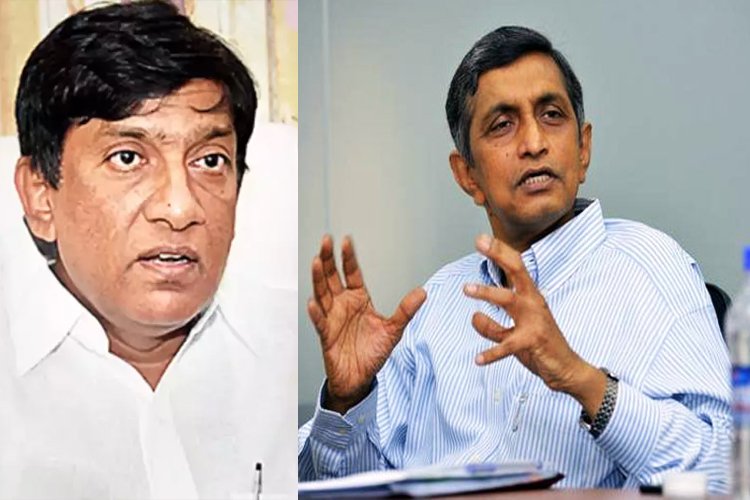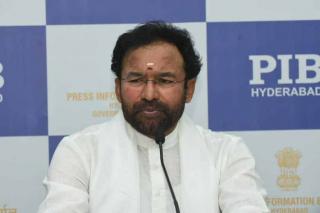
Telangana schemes not freebies, helped uplift the marginalised
The notion that freebies harm the economy is incorrect as most welfare programmes are designed to help marginalised groups. Freebies are not defined in economic books or the Constitution. Before we get into the politics of freebies, we should think twice before blaming welfare schemes for financial mess. If pension received by employees after retirement is not considered a freebie, how can a welfare scheme implemented for farmers be considered freebies?
Farmers continuously contribute to GDP growth and they receive benefits only to sustain themselves. Telangana follows the Constitution, which clearly states that the government must work to achieve equality for all sections. This is only possible if disadvantaged groups receive assistance in the form of a welfare scheme or subsidy. None of the state government’s schemes falls into the category of freebies mentioned by NITI Aayog. Schemes could be called freebies if wepromised free TVs and refrigerators, but the TRS government made no such promise.
Pension for single women and widows are such a supportive system for them in a patriarchal society. These women in distress are considered a burden by their own families. When we give that small amount, it also provides a sense of self-respect. The Kalyana Lakshmi scheme, which provides financial assistance for marriage expenses, significantly reduced trafficking and many families arenow waiting for their daughters to marry after they reachthe age of 18. Benefits are given only when the marriage isperformed after 18 years ofage. Unfortunately, courts arenot looking at this aspect. When it comes to allegations that freebies are wasteful expenditure by regionalparties, a question needs to beasked first. Prime Minister Narendra Modi hadpromised todouble farmers’ income, but agricultural investmentcosts have risen since 2014. Regional parties work for their agenda andimplement schemes for theirwelfare, are seen as rivals byBJP. This is a systematic ployagainst regional parties suchas TRS. (The writer is the Telangana Planning Board vicechairman)–As told toSribala Vadlapatla
The economy of the statesand the central government is certainly a source of concern. There is a needto examine how we spend money and from where we get it. Implementing welfare schemes is never a financial disaster or a freebie that should beavoided. But we must distinguish between a freebie and awelfare scheme. In the absence of anyacademic or policy-orienteddefinition, wemust rely on arationale approach to implement schemes. The expected outcomes of ascheme are the best way to measure its significance or lackof it. When the implementation of each scheme is linkedto achieving certain social orfinancial improvements forthe beneficiaries, things become more rational. According to educationalsurveys, nearly 45% studentsunder the age of 15 in AndhraPradesh and Telangana do not know how to readtime. It would imply that years of education had not yielded the desired results. Nonetheless, not every support system must be examined under microscope.
In India, for example, agriculture receives far less support than in many advanced countries. However, how the assistance is provided is important. Loan waiver schemes implemented throughout India are not a good example. But providing direct support systems such as Rythu Bandhu is a better approach.
Now, the question is how to maintain financial discipline while maintaining the balance of welfare schemes. From our own Indian families, we have the best model to choose from.
We have traditionally saved rather than borrowed for expenditure. Loans are obtained to create assets. Similarly, we can take a holistic approach in which schemes are implemented with revenue deficit as a parameter. This will keep the expenditure and income in balance.
When people continue to take loans for regular expenses, their assets disappear, financial security is lost and their economy suffers. There is also a need for an independent authority, such as the Finance Commission, to decide how to bring discipline in the implementation of welfare schemes.








